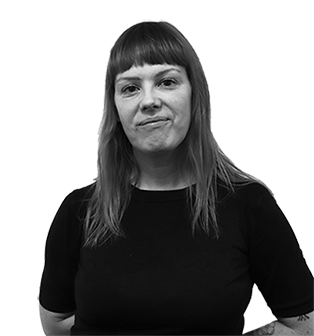Ruth Barnett, Holocaust survivor
“Again and again, all the genocide that's happened after 1945 goes through the sequence again of political self-interest, being prepared to sacrifice thousands and thousands of human lives. This is something that I absolutely deplore, and I try to get people to think about, against massive resistance, which is what I call institutionalised denial. It's bad, but it's not happening to us therefore it's not our business.” I think it’s got even worse since the time of the Nazi Third Reich because we've brought up several generations since to focus on themselves. The worship of the self is making us less and less empathic towards other people, and I think this is adding to the likelihood of the warning signs of genocide being ignored.”

